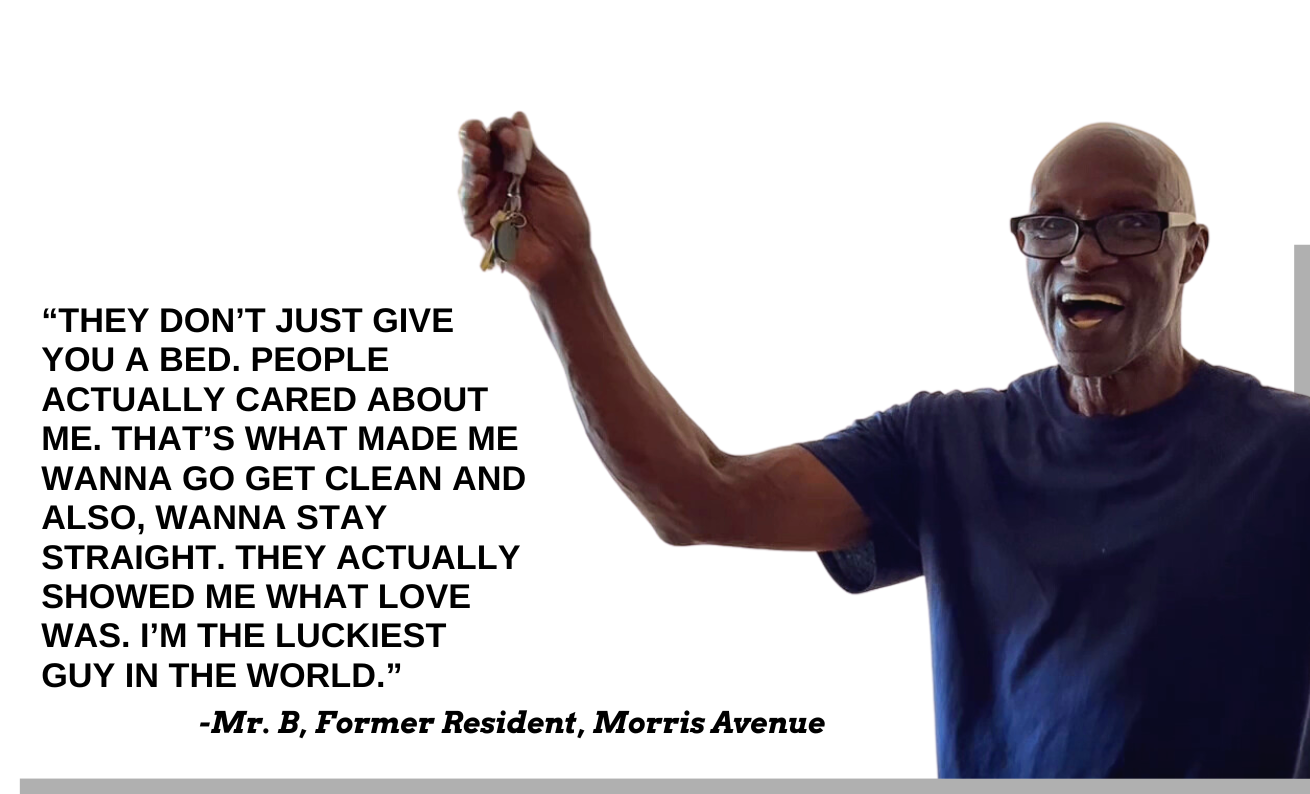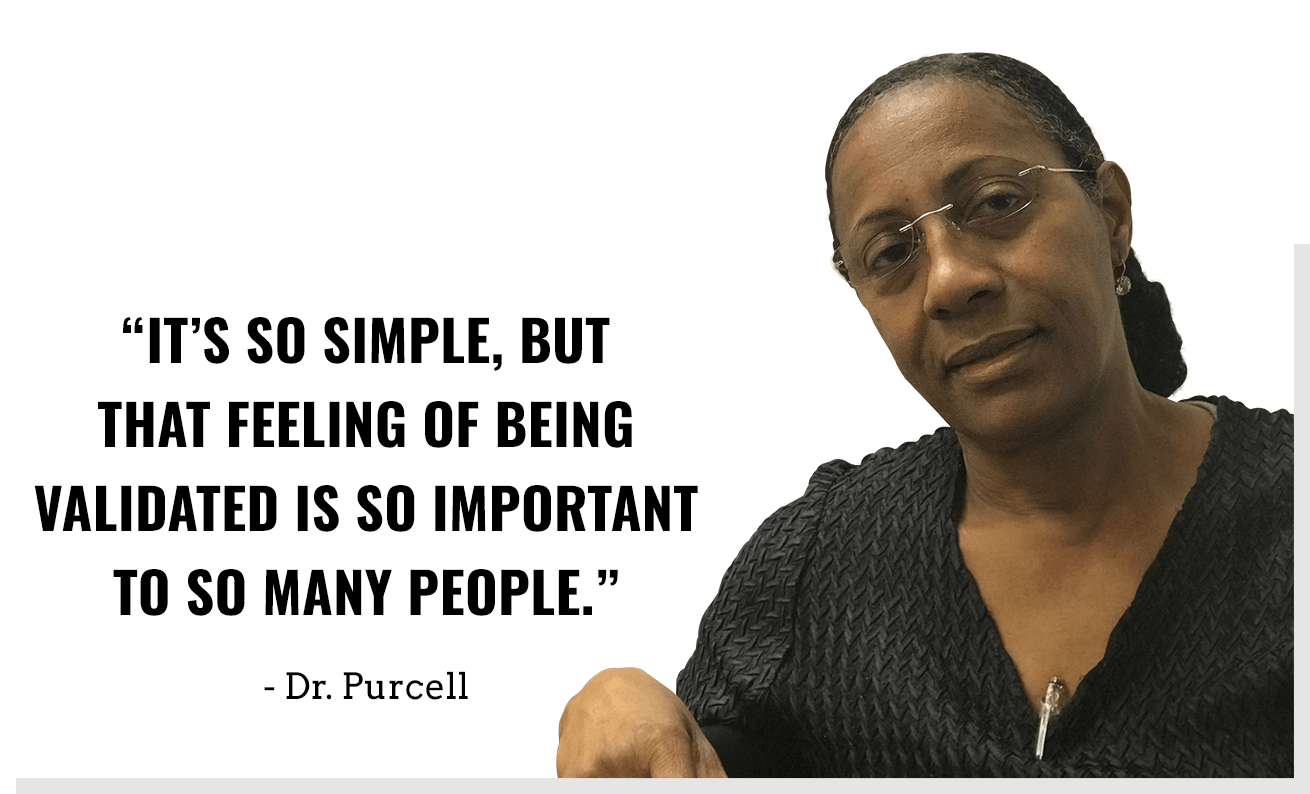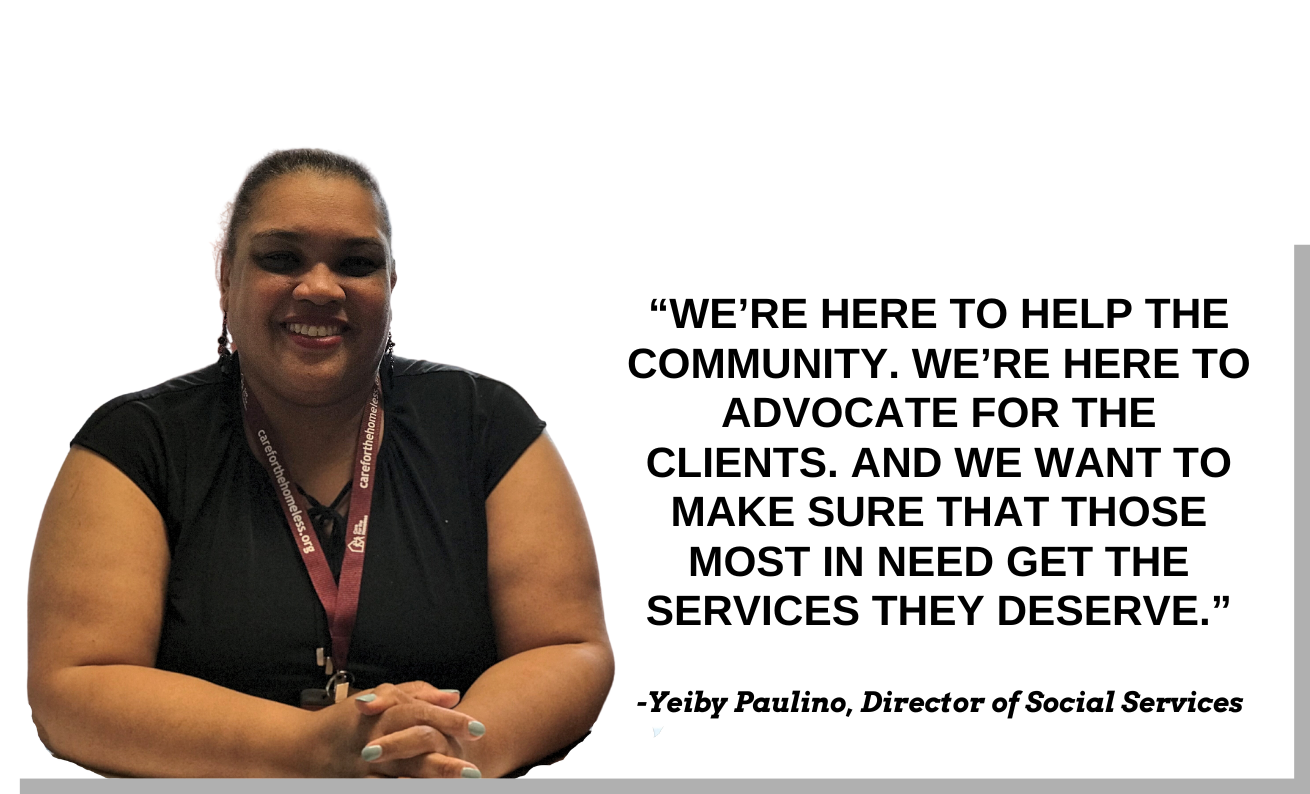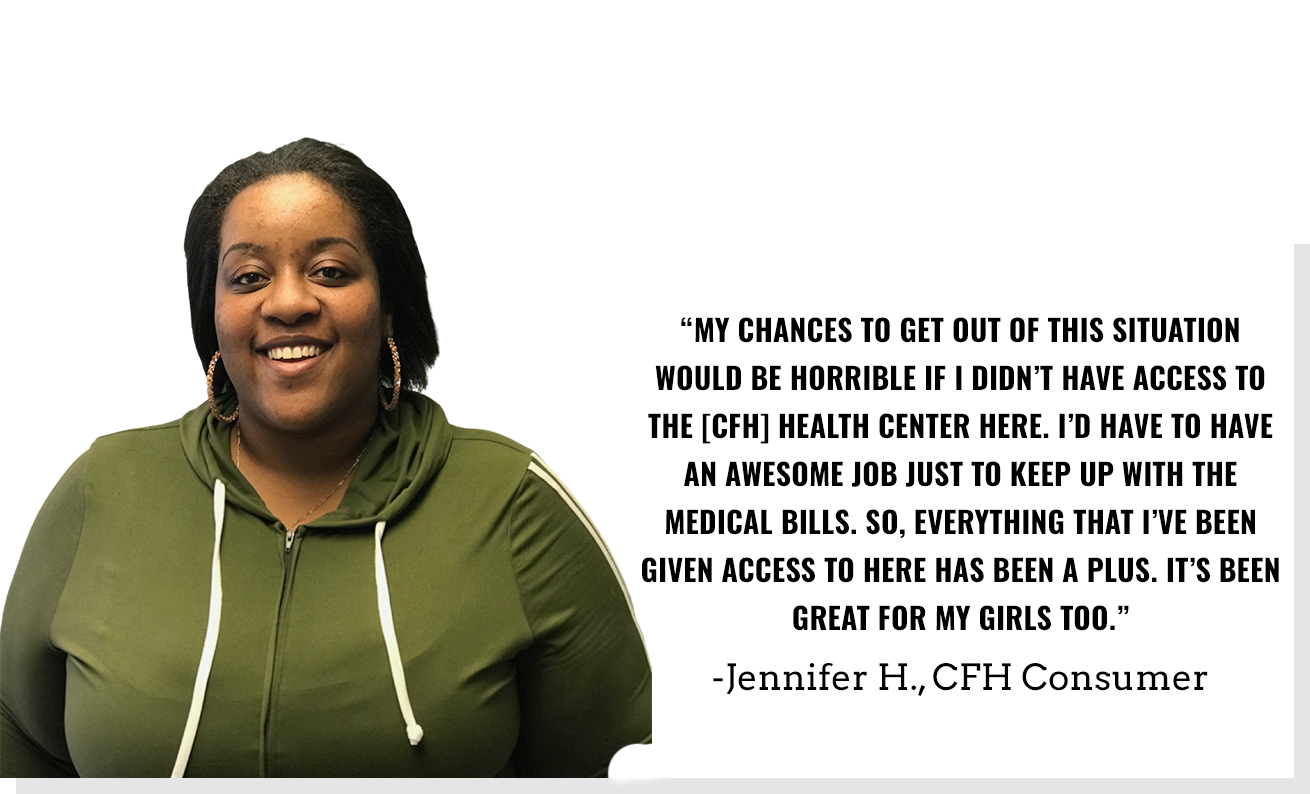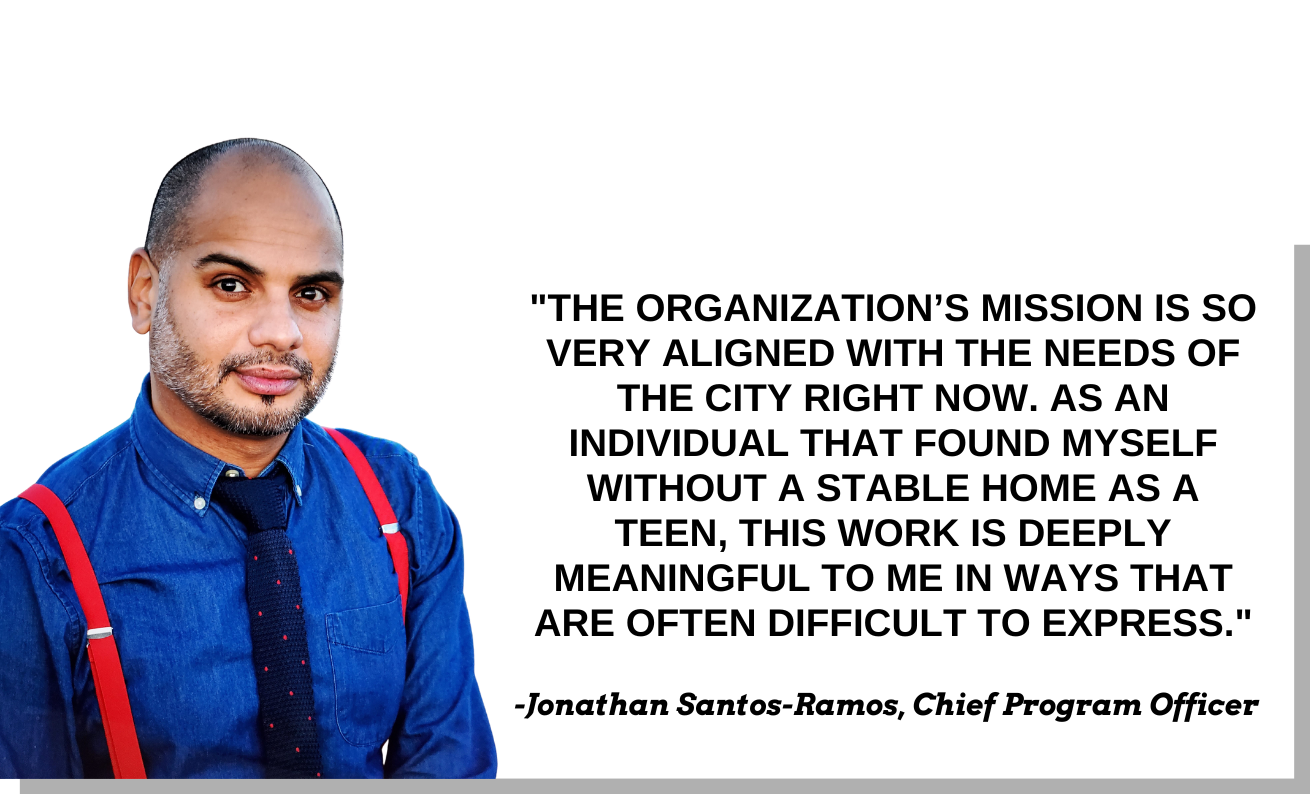CFH Health Centers Promote Family Immunizations
By Dr. Regina Olasin, Chief Medical Officer, Care For the Homeless
When the city went into lock-down after the pandemic hit, almost everyone, including families in shelters, stopped visiting their health care providers. Except of course, for COVID-19 related emergencies. However, as the situation in NYC began to improve and schools began re-opening, our dedicated health services team quickly sprang into action. Because young patients and their families needed to catch-up on their essential immunizations as soon as possible.
Which is why, right now, Care For the Homeless (CFH) Family Health Centers are offering back to school events for immunization updates.
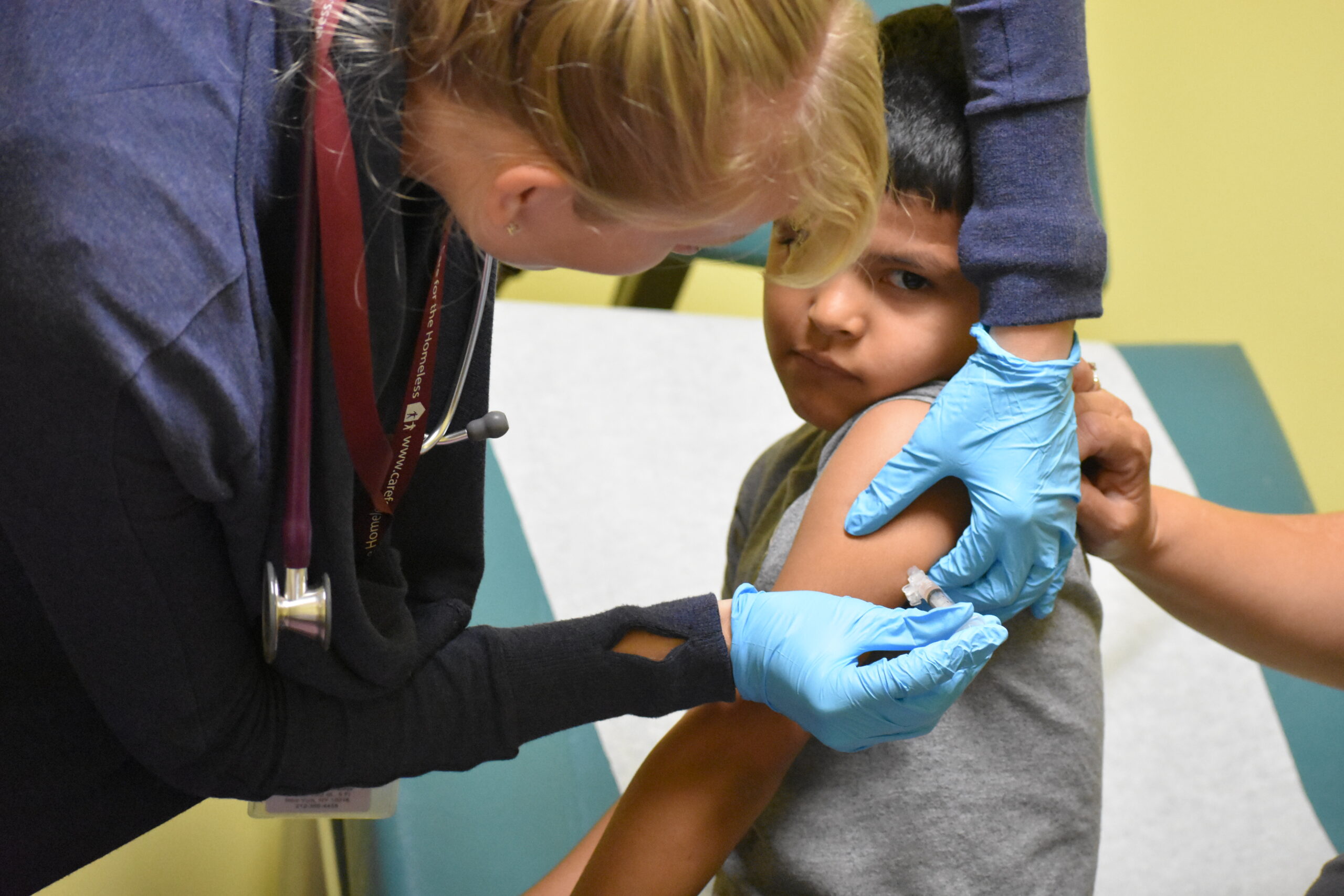
Family specific scheduling will be implemented, promoting social distancing. In addition, each family will receive individualized attention, specific to their questions and concerns.
Keeping Children Healthy and Safe
As New York starts to re-open and children return to school, the importance of maintaining good health is critical. Updating all needed immunizations for school age children and adolescents is the most effective method of protection against preventable diseases.
Vaccinations: A Brief Overview
Children are exposed to many outside agents as they develop through their first year and begin crawling. They put everything in their mouth and experience life for the first time.
Immunizations given in the pre-school years have been successful in preventing, and in some cases getting rid of, diseases leading to serious illness and long-term disability. For example, conditions like whooping cough, polio and Hib meningitis are rarely seen in children today due to the effectiveness of vaccines.
These shots are given, along with others, when babies need the most protection. Today, babies receive many more immunizations to prevent infectious diseases during the time when they are most susceptible to them.
Later on, when children reach school age, they receive ‘boosters.’ These are reminders to the child’s immune system to make a new set of antibodies before going off to school, where they will have increased exposure and social contacts with their new friends and classmates.
Adolescent immunization updates, including Tdap (tetanus), meningococcal and HPV (human papillomavirus), set the stage for protection through adult years. HPV, given at age 11-12, can prevent the development of cervical cancer in females and prevent transmission of the virus from males who have no symptoms. The adolescent immunization schedule is recommended to be given when the teens’ immune system can best make antibodies. These vaccines will give them protection into their adult years.
Seasonal Influenza
In addition to the importance of children and youth getting their standard immunizations, the flu season is around the corner. Protection against seasonal influenza is important for everyone. All family members over six months of age need to receive a flu shot every year. The flu shot protects you from the virus and also prevents you from spreading it to older, chronically ill or sick family and friends.

This year, both nasal and injection forms are available. You should discuss with your provider which form is best for you.
WHAT ELSE CAN WE DO TO FIGHT THE FLU?
- Wash your hands, frequently, thoroughly for 20 seconds after and before eating.
- Personal hygiene.
- Sanitize areas.
- Cough into your elbow.
- Stay home if you are sick.
THE QUESTIONS AND CONCERNS
Don’t immunizations hurt?
There can be discomfort at the site. This can be addressed, if it is a major concern, by discussing with your provider ahead of time.
Too many immunizations are given at one time. Can they be stretched out over a longer period of time?
The vaccination schedule is based on giving the immunizations when children most need the protection from their adjacent diseases. Many combination vaccines have made it possible to decrease the number of shots.
Do immunizations cause Autism?
No. One article made incorrect statements about autism and the MMR vaccine. The article has since been retracted.
Since 1998, studies on thousands of children who received the measles, mumps and rubella vaccine (MMR) and those who didn’t, show no relationship between the vaccine and Autism Spectrum Disorder (ASD). So, it is very important that children receive all immunizations, with or without ASD.
What are some vaccination side effects that cause concern?
Childhood immunizations frequently cause fever (less than 102 and relieved by Acetaminophen), some slight swelling at the injection site and fussiness.
Reasons to call 911 or Your Pediatric Provider:
- A child’s fever over 102 persists.
- Non-stop crying for over 3 hours.
- Seizures.
- Difficulty breathing.
Note: these are very uncommon side effects.
Does the flu shot cause the flu?
No. It takes 2 weeks after receiving the flu vaccine to make the antibodies. If you were exposed within a few days of receiving the flu shot, you may get the flu before your system makes the antibodies.
SO, GET YOUR FLU SHOT EARLY!
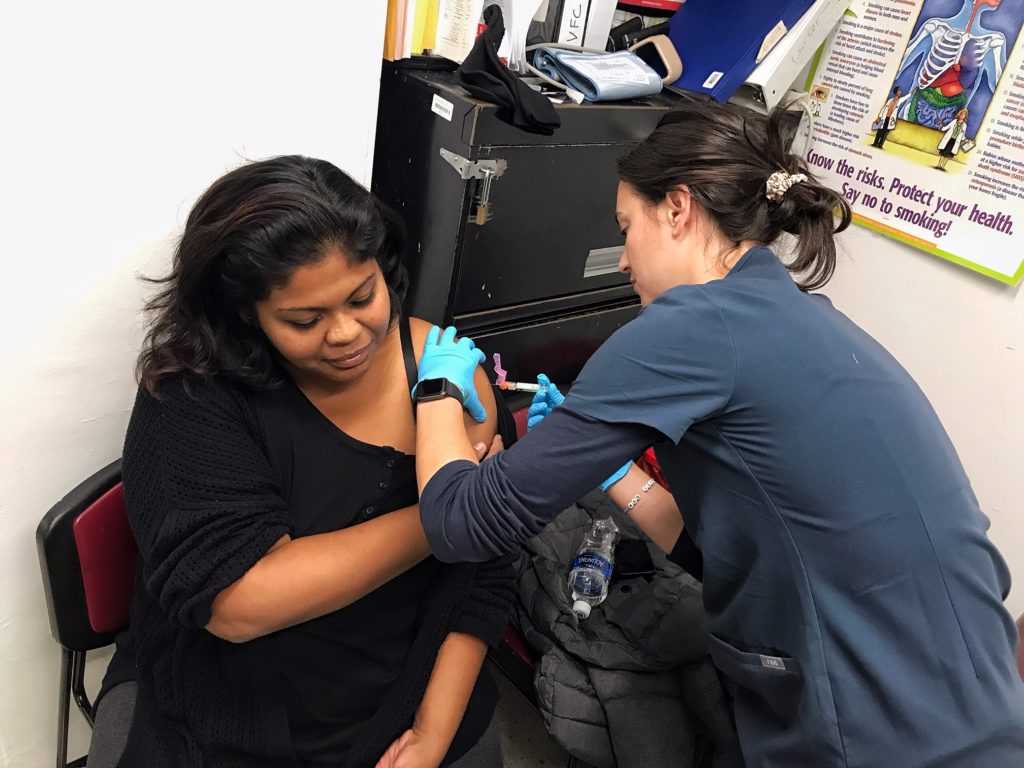
What are the side effects of the Flu shot?
There can be pain at the site of the immunization as well as mild body aches. Headaches and fatigue can also occur.
I heard that people with an egg allergy can’t get the flu vaccine?
Untrue. Discuss with your medical provider if you have an egg allergy.
Is there a COVID vaccine?
At this time there is not a vaccine which has completed larger trials demonstrating safety.
If I have COVID can I receive a flu shot?
When you have recovered from COVID you can receive an Influenza immunization.
We all can work together to assure health and safety for all children through prevention of childhood diseases and seasonal influenza with timely immunization.
Family health and wellness can be protected with everyone receiving age recommended and seasonal influenza immunizations.
Communicate your questions and concerns about immunization to your medical provider. Start a conversation.
Stay well, protected and immunized.

